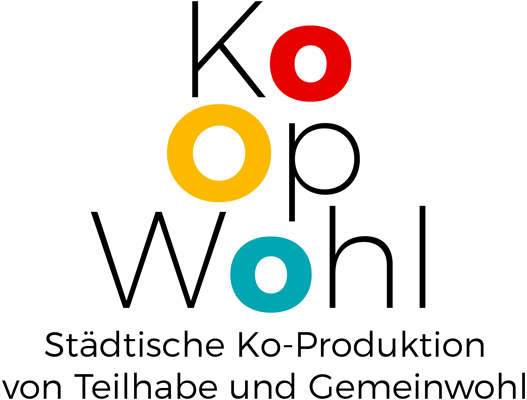Urban Co-Production of Social Rights and Public Welfare
The research project “KoopWohl” looks at negotiation processes about social rights at the urban level between civil society actors and municipal administrations. In light of increasing social inequality, a general crisis of political representation and the perceptible consequences of the climate crisis, new civil society actors who demand influence in the design of social rights on the local level have emerged in recent years. This development has led to negotiation processes between the municipal institutions and civil society actors that occur within a spectrum ranging from conflictual to cooperative approaches. The starting point of this project is the assumption that a new understanding of social rights and public welfare is created through such negotiation processes.
The research project analyses these negotiation processes within three policy fields – housing, migration and environmental justice – in Berlin and Thuringia. Three case studies that include cooperative processes between civil society actors and municipal (and/or state) administrations were selected for this examination: in the field of housing, the negotiation process related to the Dragonerareal in Friedrichshain-Kreuzberg; in the field of environmental justice, the negotiation process focuses on the possibilities of creating a food hub in the District of Friedrichshain-Kreuzberg; and in the field of migration, the negotiation process is related to the anonymous health insurance certificate in Thuringia that is intended to provide access to health care for illegalised migrants. Within the scope of the project, Barcelona serves as a reference city to reflect similar cooperative negotiation processes between urban government and civil society as a comparison.
The objective of the research project is to understand how civil society contributes to changes in the allocation of social rights and the comprehension of public welfare within institutions of the welfare state, as well as which new governance patterns emerge in the process. Its aim is to systematise the various forms of such negotiation processes.
Within the design of the research project an intensive cooperation with partners from the practice is envisioned. In each of the three policy fields one partner respectively from civil society and administration is involved in the conceptualisation and implementation of the project. The objective of the research project is to support, accompany and intensify the cooperative processes in the three policy fields.
The research project “KoopWohl” is funded by the BMBF under the funding guideline of “Participation and Common Good” from January 2020 to December 2022.
Photo: © Laura Calbet i Elias
